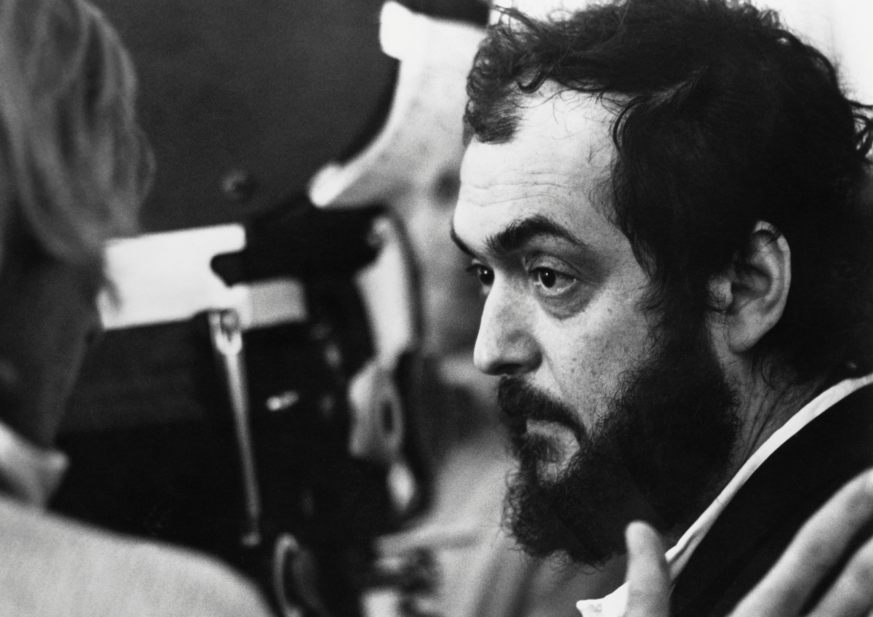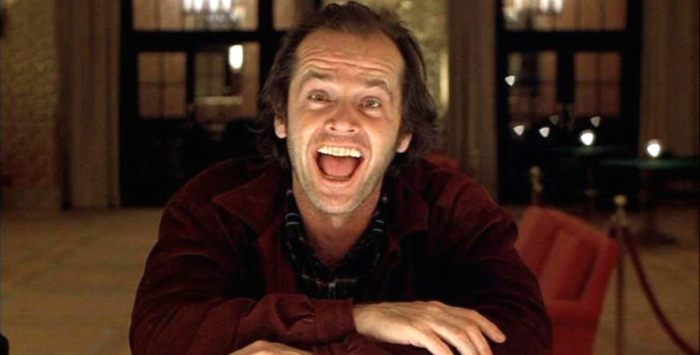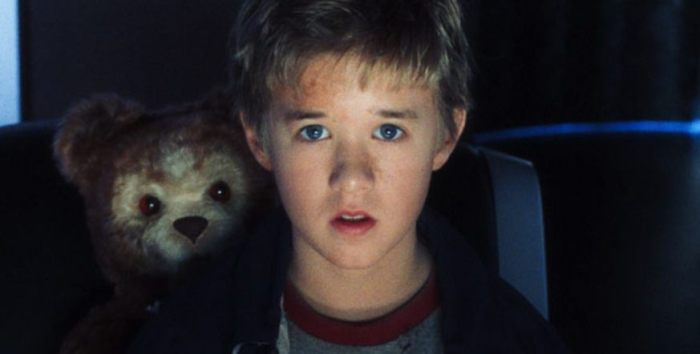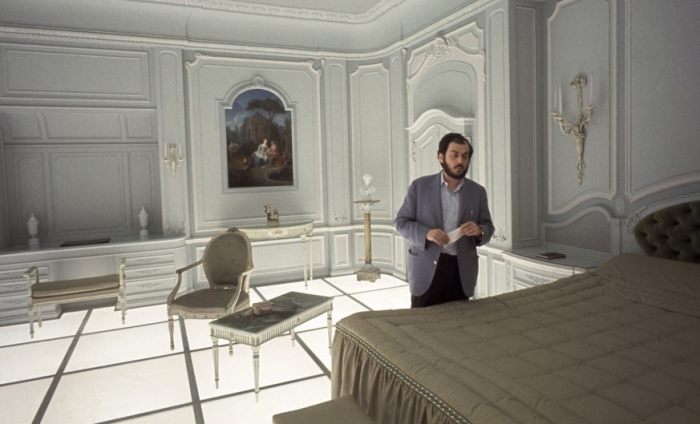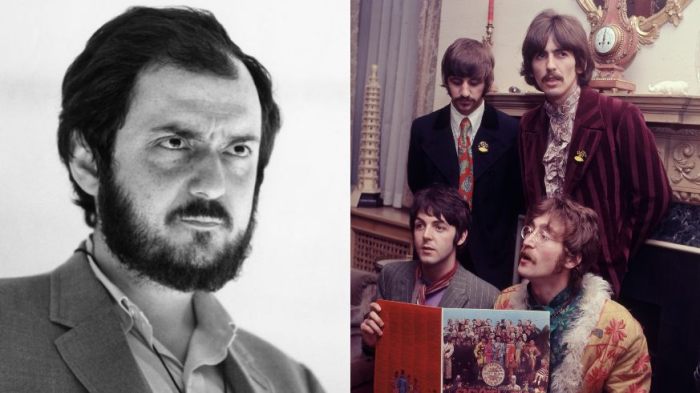It has generally become accepted that Stanley Kubrick was a bit of a dictator when working as a director.
Not only have there been stories of him working actors to the extreme, something that Shelley Duvall reportedly experienced making “The Shining,” but Kubrick also famously made his actors do dozens of takes and was apparently a hermit, too.
But, apparently, some of these stories are much more myth than fact. That’s according to Leon Vitali, who worked as Kubrick’s right-hand man for several decades. Vitali’s career and work with Kubrick is explored during the documentary “Filmworker,” which I recently had the chance to talk to him about.
During our candid conversation Vitali waxed lyrical about Kubrick, and gave me a full breakdown of how adaptable he was as a director.
“The thing was, whenever he started on a project, he had a script. But you could bet your life that by a quarter of the way through that script was already changing direction. And it would change direction again.”
“Because it is easy for me to cite this example, I remember with ‘Barry Lyndon’ I originally had one dialogue scene and a couple of passing by shots to establish who I was. The ending was totally different. And everything leading up to that was totally different.”
“Stanley called me back one day and said, ‘I want to talk to you.’ I thought he was going to fire me. They had already had 3 George IIIs on the film. But he said, ‘I have seen what you are doing. I like what you are doing. You’re working and you’re very focused. I have decided to write a bunch more scenes so that we can keep you until the end of the movie’.”
“Everything was changing as we shot and as we went along. It wasn’t improvisation but new scenes were coming at you at a daily basis. Jack Nicholson joked on ‘The Shining.’ Because we used to start on a white page of script. Then that would get changed quite radically, and it would get changed to pink. Then that would change and it would be blue.”
“Then the next change would be green. And so on and so forth. And sometimes you wouldn’t know what page you were shooting. Something could change or morph so quickly. Basically he let his story meet him.”
“He wasn’t sort of nailing it down in a hard fashioned way. It wasn’t, ‘This is the dialogue. You stick to it. Don’t change a word.’ It wasn’t like that at all. It was very freewheeling.”
At this point I pointed out to Vitali that Kubrick’s reputation amongst cinephiles is the complete opposite. “Absolutely. He has a reputation as a control freak. Very freewheeling. He never told his actors how to act. He never showed them.”
“They would rehearse it and then we would follow you around with a lens finder and a lens, all to find his first angle. And then you would do it over and over and over again. He would say, ‘Just do it the way you think you are going to do it.’ Some people built on it that way.”
“Some actors would say, ‘He never directed me,’ and stuff like that. But that wasn’t true. What he did was encourage you. If he saw something good, he’d say, ‘Just a little more of that. That’s exactly what I am looking for’.”
“If he didn’t think it was helpful, he’d say, ‘Don’t do that. Go back to where you were before. And start that thought process.’ It was like working with a theatre director, especially when you were staging rehearsal.”
Later on in the conversation I asked Vitali if there were any other misconceptions about Kubrick. “The biggest was that he was a control freak. Stanley actually listened to other people’s ideas and he would often ask for them.”
“When we would watch rushes, he would always ask, ‘What do you think?’ He’d ask anyone who he felt was involved in the scene. Especially if he was in doubt.”
“When Stanley couldn’t work out one scene, the cameraman on ‘The Shining,’ Kelvin Pike, suggested to open the scene with a close-up of a giant can of fruit being skewered by a mechanical opener.It was the scene where Shelley was preparing breakfast and her heart wasn’t in it within this giant kitchen.”
“There were several examples of that when scenes weren’t quite working. If he liked the idea he wasn’t so proud to turn it down. I know there are people that do that. It was more open and very collaborative. I hope that that comes across the film.”
“There were also the rumors that he hermit. We used to go shopping in the supermarket but people didn’t know what he looked like.”
“The best illustration of that was that someone flew a plane over where Stanley’s estate was, and The Telegraph put a big two page spread of Kubrick’s estate. But it wasn’t. They’d got the wrong place entirely. It is so funny to think of people running around and trying to do that. But why, why?”
“He just had so much work and he never stopped working on any of his films. They were always opening somewhere in the world. We were always remaking negatives. And re-doing sound. Every single foreign release we checked every subtitle script, every translation, we were always working.”

